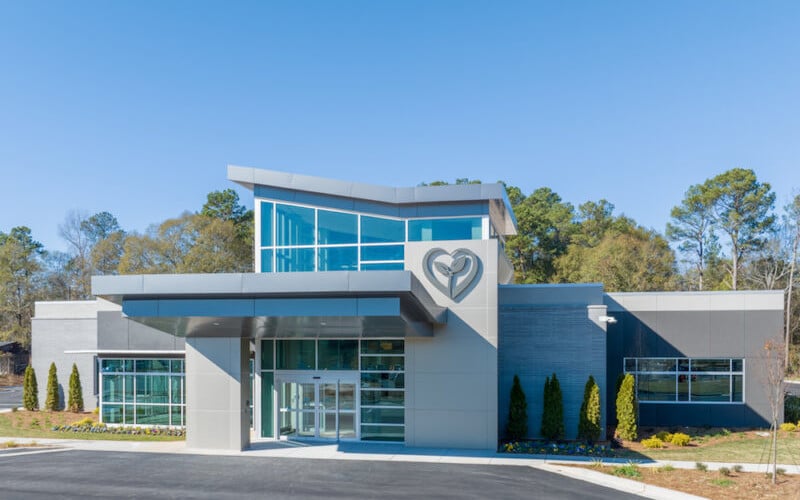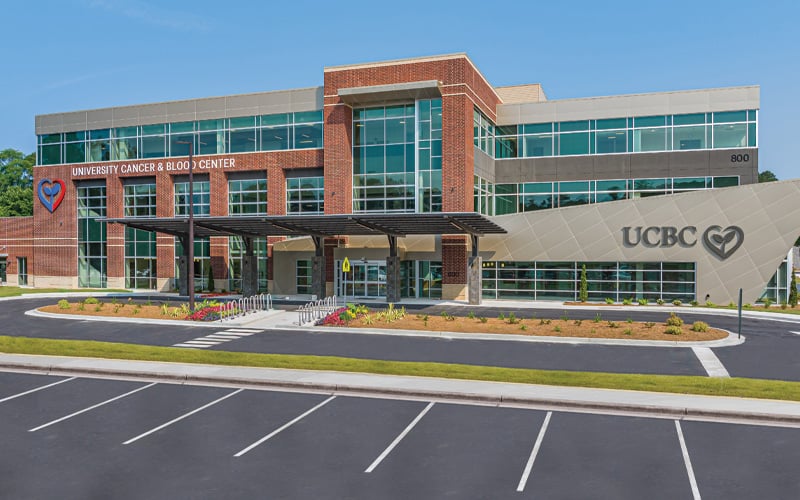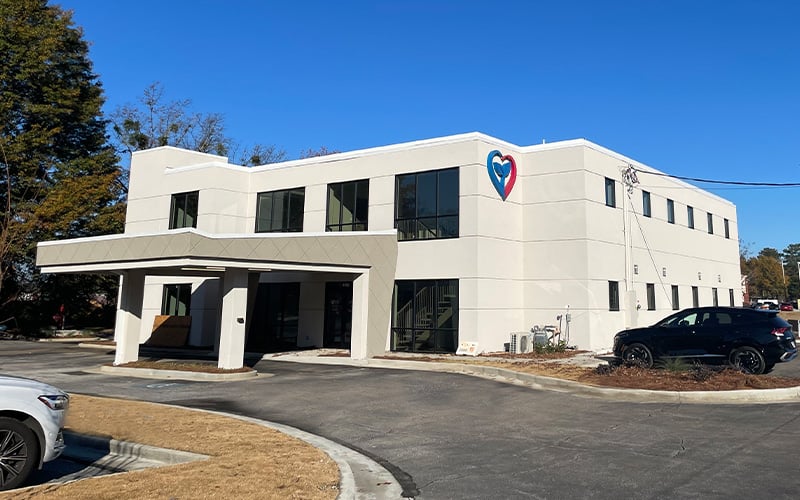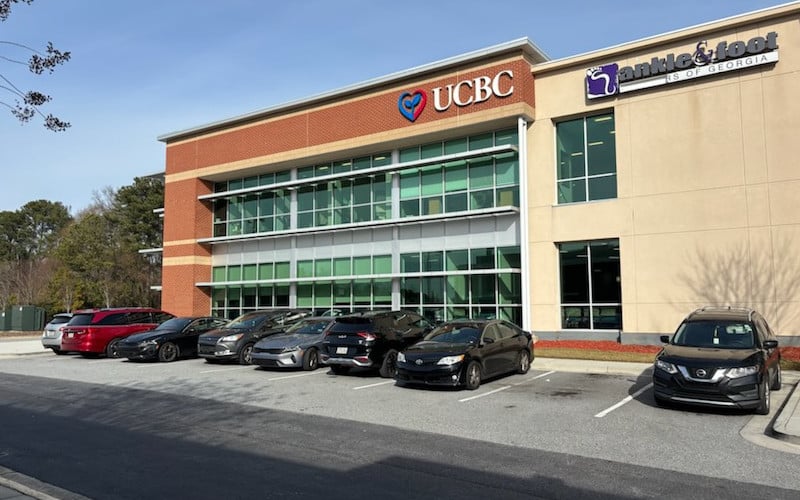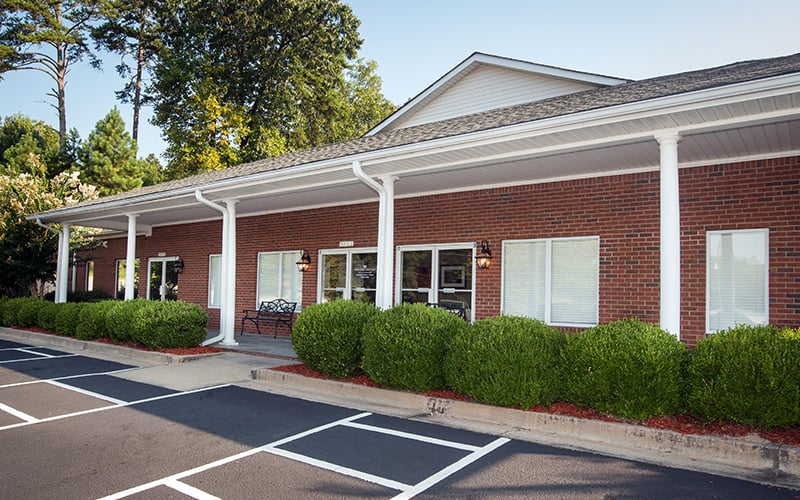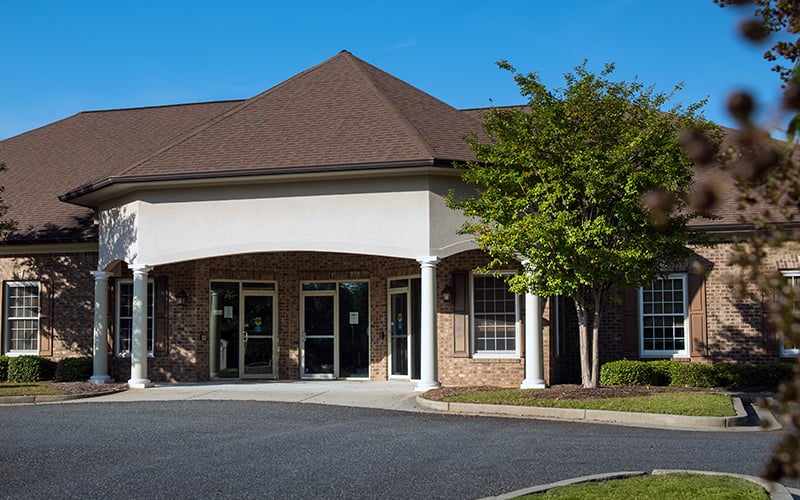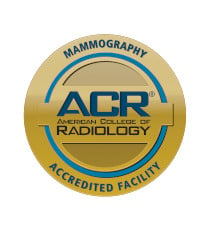Cancer can affect anyone, but certain populations face higher risks for specific types. Men, in particular, are at a higher risk for several types of cancer that differ from those that more often impact women. Understanding the common types listed below can help you stay aware and intervene early if needed, when treatment outcomes are typically best.
Prostate Cancer
Besides skin cancer, prostate cancer is the most common type of cancer in men. This form of cancer grows in the prostate — the small gland in the male reproductive system located below the bladder and in front of the rectum. While prostate cancer is common, most men who are diagnosed with it will not die from it. In early stages, for example, observation or active surveillance may be the only line of treatment recommended. If prostate cancer is discovered in later stages, treatments such as surgery, radiation, hormone therapy, and other methods may be used.
Experts aren’t sure exactly what causes prostate cancer in some men. Hereditary risk factors are believed to play a role in some cases, but diet and other lifestyle factors may also contribute. Routine screenings can help detect signs of prostate cancer before symptoms appear, including blood tests to assess prostate-specific antigen (PSA) levels and rectal exams.
Lung Cancer
Lung cancer is the leading cause of cancer-related deaths for men in the U.S. While smoking is a common risk factor, there are others as well, including exposure to radon gas and increased age. Early-stage lung cancers have a better prognosis than those discovered later, which is why the U.S. Preventive Services Task Force recommends screening for certain populations. Men between the ages of 50 and 80 with a 20 pack-year history of smoking for example, regardless of whether they’re current or former smokers, may be advised to receive annual CT screenings to look for early signs of the disease.
Colorectal Cancer
Colorectal cancer can develop in any part of either your large or small intestines, including your rectum. If you have a family history of the disease, are age 50 or older, have been diagnosed with inflammatory intestinal disease or a history of intestinal polyps, or are African American, you may have increased risk factors for the disease.
Colorectal cancer may present symptoms such as gastrointestinal distress and unexplained weight loss. Fortunately, there are screening tests available to detect the condition early, before symptoms even develop. Stool tests and colonoscopy are two of the most common screening methods. Talk to your doctor to determine the most appropriate testing method based on your unique risk factors.
Skin Cancer
The most common form of cancer for both men and women in the U.S is skin cancer, which comes in three common types: basal cell carcinoma, squamous cell carcinoma, and melanoma. Most skin cancers are associated with repeated unprotected exposure to UV rays. Melanoma is less common but the most serious, as it may spread quickly.
To monitor your skin for signs of cancer, perform routine self-exams, being mindful of the ABCDEs of melanoma as you check.These symptoms include Asymmetrical shapes, irregular Borders, unusual Color, Diameter of more than a pencil eraser, and any moles or spots that Evolve. Annual skin cancer exams from a dermatologist can help monitor these, too.
In addition to knowing the common types of cancer in men, there are steps you can take to reduce your risk. Being physically active, eating a nutrient-rich diet, and avoiding known toxins are just a few preventive measures to practice.
As your partner in comprehensive health care, University Cancer & Blood Center comprises a team of medical professionals who offer both preventive care and specialized services. Find out more about the UCBC team on our website, or reach out to our medical oncology team at 706-548-0500.

